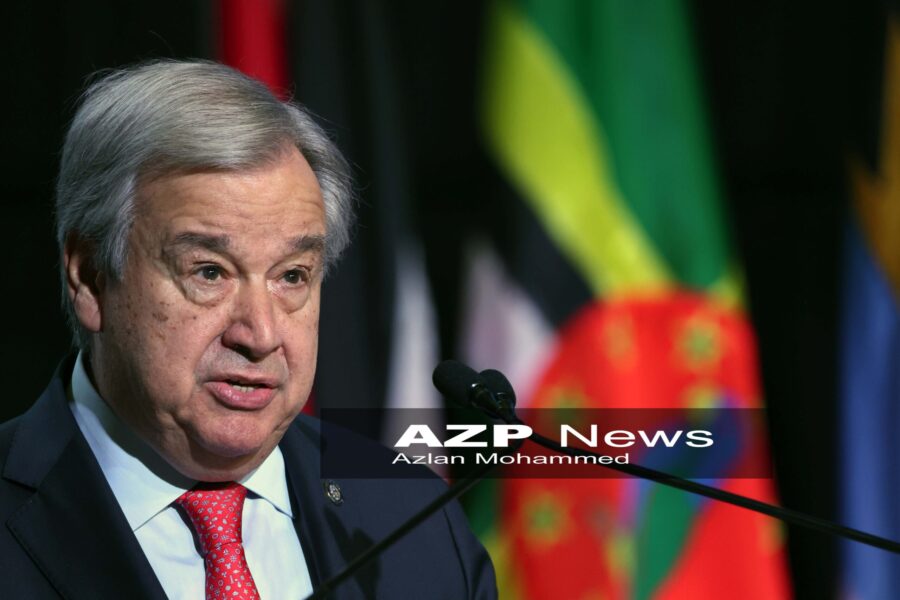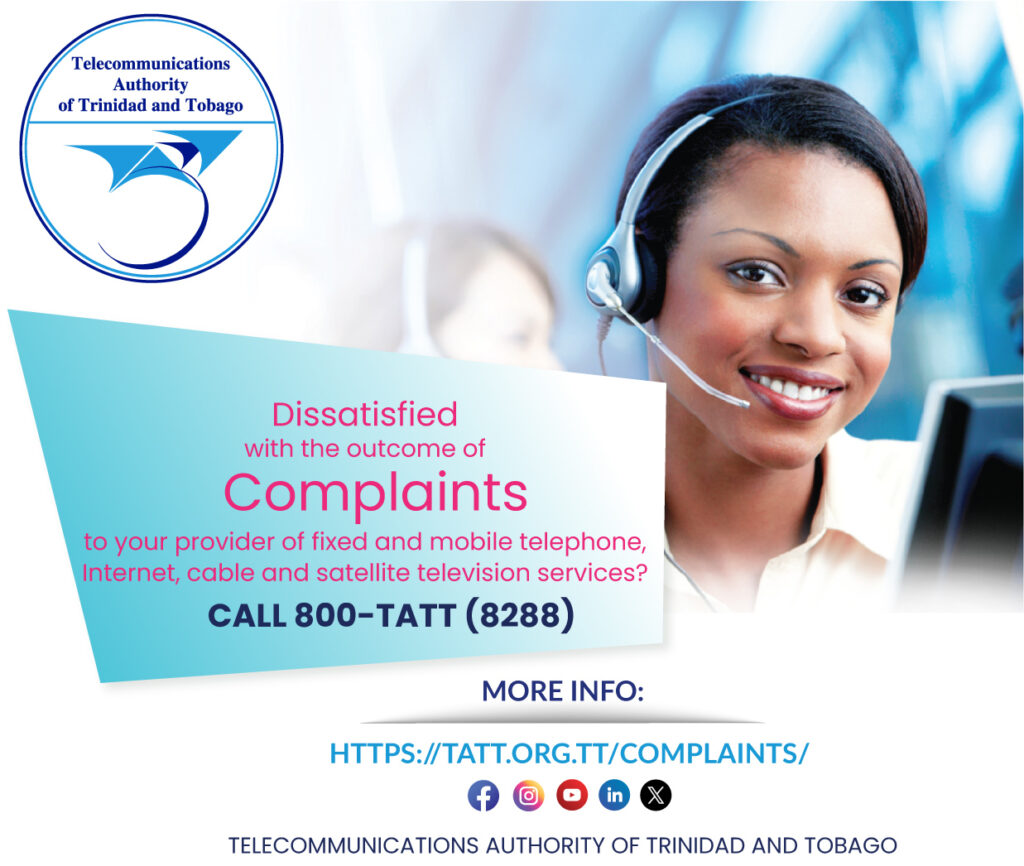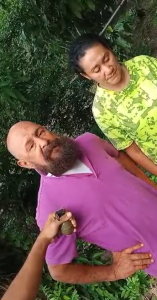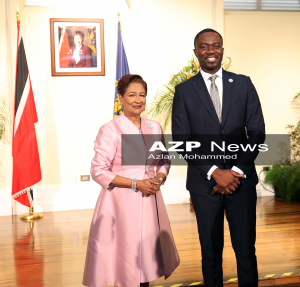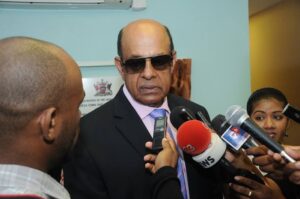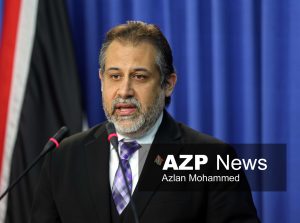BRIDGETOWN, BARBADOS – United Nations Secretary General Antonio Guterres says he intends presenting to the United Nations Security Council, a new initiative aimed at supporting security and stability in Haiti.
Guterres, addressing the opening of the 48th regular meeting of Caribbean Community (CARICOM) leaders here on Wednesday night, said that the initiative would be similar to one being used by the global organization in Somalia.
“It is my intention to present to the Security Council a proposal that is very similar to the one that we have presented for Somalia, in which the UN assumes the responsibility of the structural and logistical expenditures that are necessary to put the force in place, and the salaries of the force are paid through the trust fund that already exists.
“And if the Security Council will accept this proposal, we will have the conditions to finally have an effective force to defeat the gangs in Haiti and create the conditions for democracy,” Guterres said, adding “and I urge you to continue your work and advocacy to tackle the weapons and drug trafficking that is fuelling violence across the region, including through prevention”.
Haiti is facing a crisis following the assassination in July 2021 of the then president Jovenel Moise. Criminal gangs have are seeking to take complete control of the capital Port au Prince, and have launched several attacks, killing women and children among others.
The UN Security Council in 2023 passed a resolution for a Kenya-based Multinational Security Support Mission, aimed at combating gang violence and restoring stability in the French-speaking CARICOM country.
The mission was initially slated to be composed of 2,500 officers and soldiers, with Kenyan police officers forming the core of the force deployed to assist the Haitian police in regaining control of key areas and protecting civilians.
The MSS is currently facing significant funding issues, with the mission being severely underfunded and unable to reach its full operational capacity due to a lack of contributions from international partners. The United States, which has been a major contributor, has recently frozen some funding further exacerbating the problem.
Guterres described the situation in Haiti as “appalling” saying that the “gangs are inflicting intolerable suffering on a desperate and frightened people.
“CARICOM, and the Eminent Persons Group (made up of three former prime ministers), have provided invaluable support. We must keep working for a political process owned and led by the Haitians that restores democratic institutions through elections,” he said.
Barbados Prime Minister and CARICOM chair, Mia Mottley, said that the situation in Haiti continues to be a major concern to the grouping “and it is not going to be sufficient just to be able to say that Haiti will have an election on November 15.
“It is not going to be sufficient just to stabilise the security situation of Haiti,” she said, noting that 30 years ago, when she came to public life, her then prime minister made his first trip when he was sworn in to Washington to deal with the issue of Haiti.
“Thirty years on, we are dealing with it again in the absence of a proper development plan that sees the people of Haiti that gives them minimum rights and education and access to health care, and all of the other basic rights that we fight for for our own citizens.
The absence of that Haiti will be around as a problem in another 10,20, 30 years. That cannot be the aspiration of Caribbean people,” she said.
CARICOM Secretary General, Dr Carla Barnett, said CARICOM continues to adopt “a unified advocacy, and unwavering support and assistance to our sister member state, Haiti, in the struggle to obtain peace and security.
“Millions of Haitians are unable to live free from rampant violence, which stands in the way of economic development, and of access to education and health, especially impacting women and children,” she added.

The former CARICOM Chairman and Grenada’s Prime Minister, Dickon Mitchell, told the ceremony that “we are aware that so many international community may be suffering from what is called Haiti fatigue, but until and unless, we accept that a large part of what has happened in Haiti is not the doing of the .people of Haiti.
“We in the CARICOM will not accept or encourage or support Haiti fatigue. Our brothers and sisters in Haiti deserve the right to life, to liberty, to decent healthcare, housing, education and to the preservation of their culture.”
Mitchell said make no mistake, Haiti symbolises the revolution that changed this part of the world.
“Had it not been for Haiti, the idea that one human being could own another human being a chateau slavery and put into work for their profit may very well still be persisting, and so we owe it to that item, all of us who are freed, the descendants of freed men and women who fought for their freedom to ensure that we continue supporting and advocating for the partnership and the support To bring Haiti back from the brink”.

Mitchell told the visiting President of the European Commission, Ursula von der Leyen, that while he does not mean to be impolite, “but I will say to you, therefore, that the issue of reparations for the transatlantic slavery and the enslavement of African peoples and black bodies… is an issue that we will take up with you, and we are doing so in the hands of partnership, and we are doing so in the cause of humanity.
“Because as long as we do not openly and explicitly reject the idea that one human being can own another human being, we run the risk that that idea may somehow take root again and may alone to flourish and happen again in the world.” (CMC)
![]()


